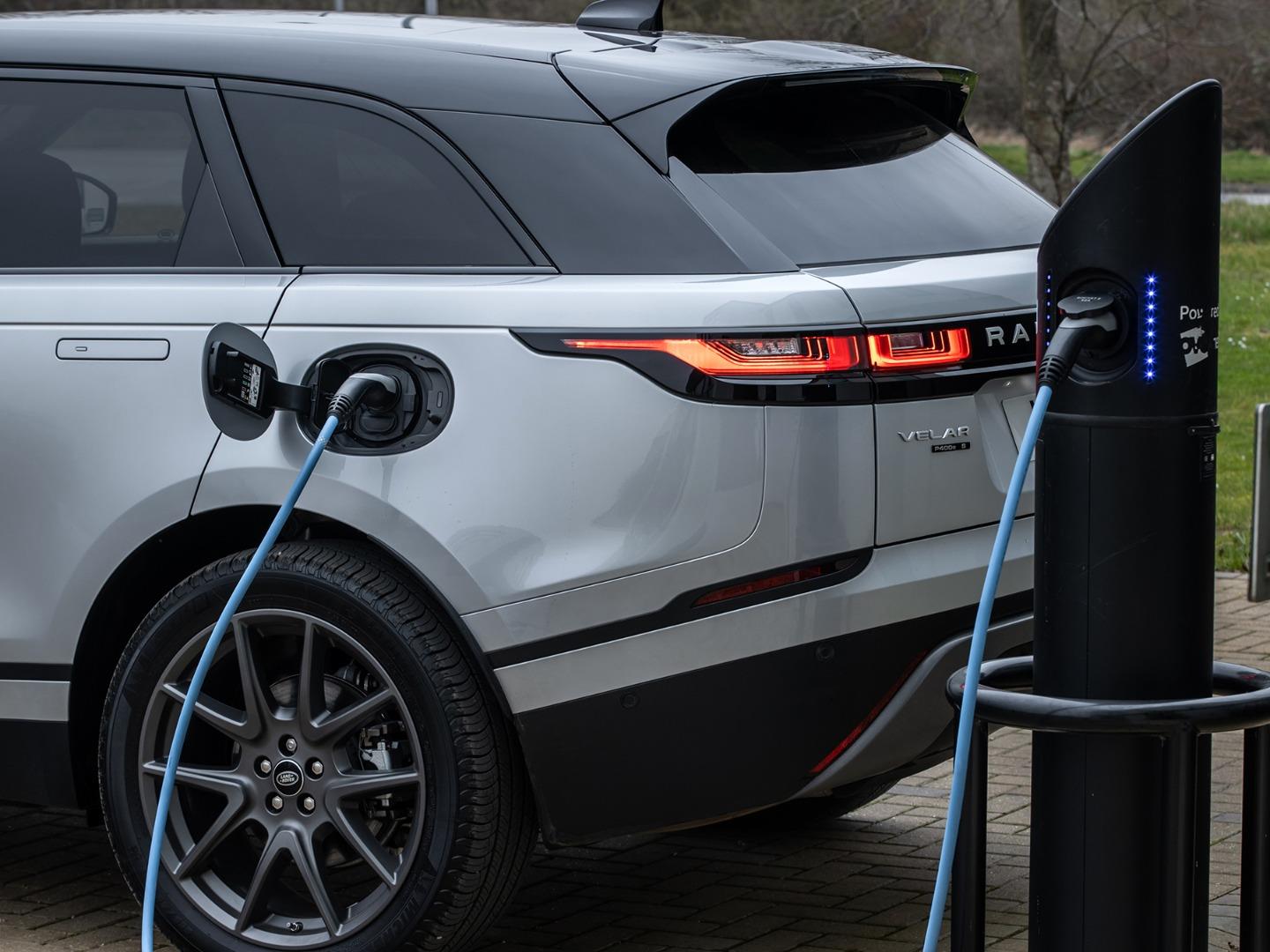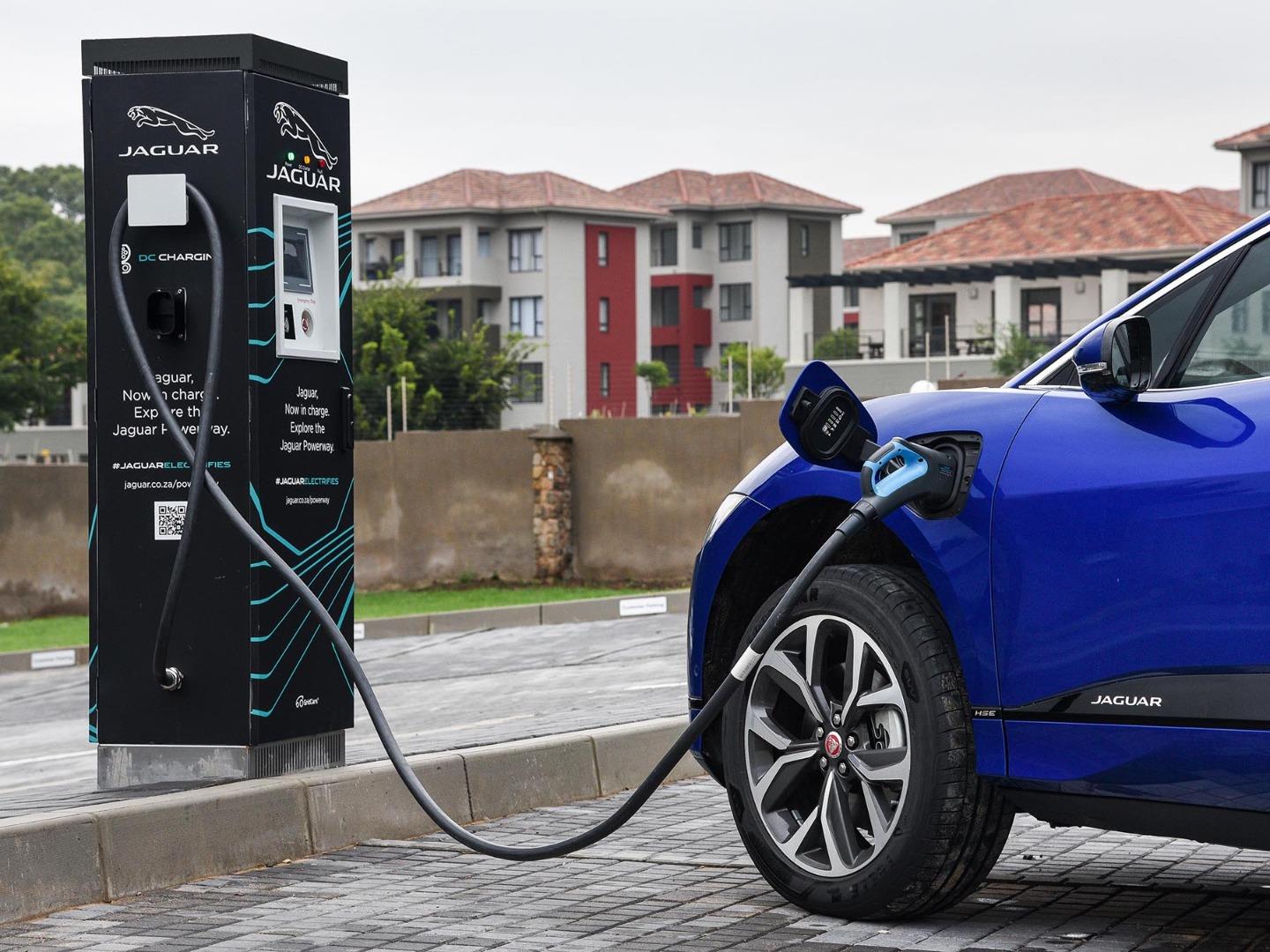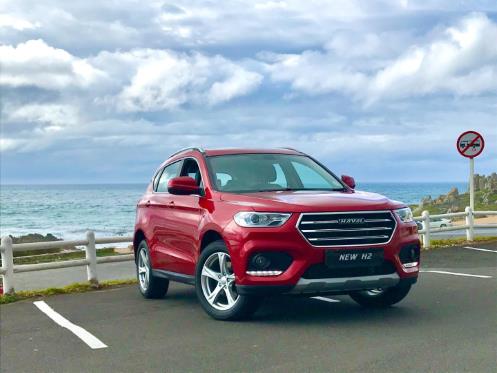Unless you're living under a rock, you would have seen some mention of the word hybrid when concerning motor vehicles. Electric vehicles have been a buzzword for a while now but we've had hybrid vehicles available locally for much longer. You may have seen the badges, seen an 'h' behind a model designation or wondered why that vehicle has blue badging.
Related: Hybrid vs Electric - Which one is the best choice for you?
Due to the limitations of modern battery technology, full-electric vehicles were, for a long time, unable to offer the sort of usable range that was required by the average South African motorist. As things have developed, full-electric vehicles have started offering ranges that make them more palatable for the average man on the street. Hybrid vehicles offer a middle-ground solution for those that suffer from range anxiety - the fear of being stranded without a charging solution on the road. They combine electric efficiency with the convenience of fossil fuels as an alternative source of energy.

What is the difference between electric and hybrid cars?
An Electric Vehicle (EV) is solely reliant on electricity as a form of energy, using it to power electric motors and drive the wheels. A hybrid vehicle uses a combination of an Internal Combustion Engine (ICE), in either petrol or diesel form, in conjunction with electric motors to power the wheels. A hybrid vehicle will have both a battery system and a fuel tank.
Not all hybrids are the same though and there are several different systems used to help power the wheels and generate an electric charge for the batteries. All hybrids will have some form of self-charging, be it through energy regeneration from the friction caused by coasting or braking, or it will use some of the ICE power to generate battery charge. Some hybrids will expand on the charging options by offering a plug-in solution to charging the batteries. This is known as a Plug-In Hybrid Electric Vehicle or PHEV for short.

Which one is best for me?
If your daily commute is less than 40km one-way and you seldom venture out further than that, you could comfortably live with an electric car and enjoy saving of around 70% on your fuel bill. If you occasionally do more than 100km one-way, you may be more inclined to look at a hybrid instead.
Electric vehicles work great in traffic and on the daily commute but the ones that offer ranges of more than 400 km are still a little on the expensive side. The more affordable electric vehicles offer ranges of around 200 km between charges and this is great for the daily grind, especially if you charge it at home every night.

Benefits
Both hybrid and electric vehicles offer savings on your fuel bill. Hybrids will use the electric charge in the batteries to assist the internal combustion engine so that it isn't constantly working. This limits the time that the engine is running to acceleration and highway use and most will automatically switch to the batteries when coasting, edging forward in traffic and at lower speeds.
Electric cars still cost money to charge, but the cost is approximately 30% of the equivalent fuel required for the range provided. 200 km worth of charge can cost as little as R70.00 if you charge it from a regular AC wall outlet such as the one found in your garage. Naturally, the more powerful the charge point (such as the 60 kW DC fast chargers found in public) the more expensive each kilowatt-hour is. Batteries of 100 kWh thus cost approximately R600 for a full charge (from 0% battery) from a DC fast charger, but this will give you a range of over 400 km.
Both EV and hybrid are kinder to the environment and their immediate surroundings. While hybrids have reduced CO2 emissions, the emissions from an EV are zero. The majority of manufacturers are also investing in responsible mining of the lithium required for the battery production.








